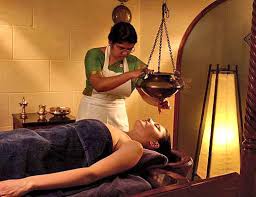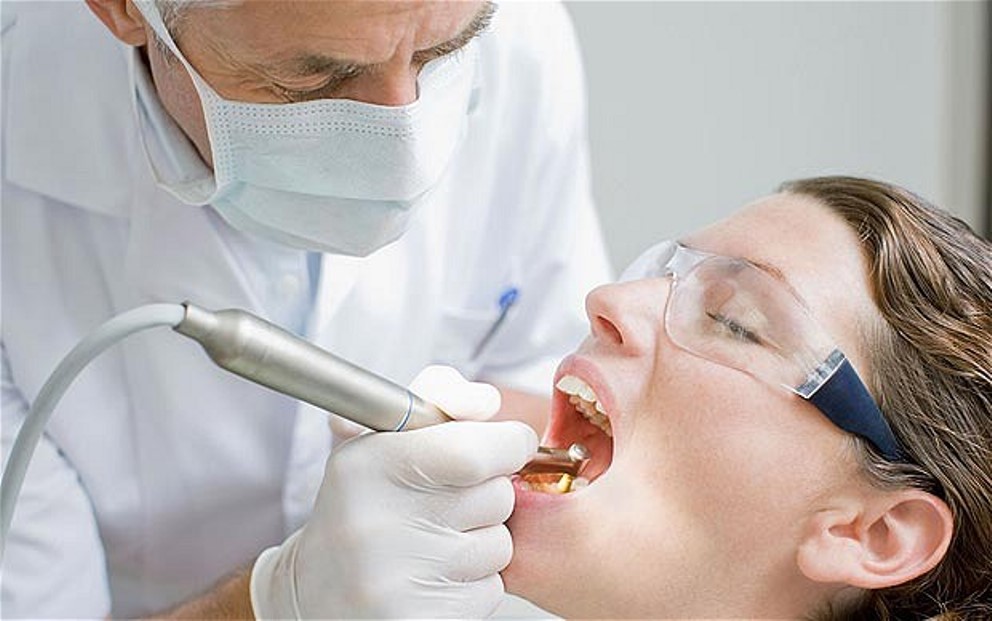 Siddha Medicine
Siddha Medicine The Department of Ayurveda, Yoga and Naturopathy, Unani, Siddha and Homoeopathy are abbreviated as AYUSH. AYUSH is a governmental body in India purposed with developing education and research in Ayurveda (Indian traditional medicine), Yoga, Naturopathy, Unani, Siddha, and Homoeopathy and other alternative medicine systems. Created in March 1995 as the Department of Indian Systems of Medicine and Homoeopathy (ISM&H), AYUSH received its current name in March 2003. It operates under the Ministry of Health and Family Welfare. The Department has been elevated to an independent Ministry w.e.f. 09.11.2014.
What is Siddha Medicine?
The Siddha system is one of the oldest systems of medicine in India. The term 'Siddha' means achievement. The 'Siddhars' were saintly souls who had achieved the Supreme knowledge. Eighteen Siddhars seem to have contributed towards the development of this medical system. Among them Saint Agasthyar is the foremost. All the authoritative literature of the Siddha system is in Tamil. The Siddha system is largely therapeutic in nature.
All existing things in this universe (macrocosm) are formed by the five basic elements, namely the Earth, Water, Fire, Air and the Space, which are called as the 'Fundamental Boothas'. These elements constituting the human body and other worldly substances are explained as "Pancheekarana". Any one of these elements cannot act independently by itself and has to act in co-ordination with the other elements. The living creatures and the non-living things are made up of 96 principles including the five elements, seven "Dhatus" and three humours. 'Disease' is a condition in which there is derangement in the five elements, which alters the three humours and is reflected in the seven physical constituents. The change could be an increase or decrease in the equilibrium.
The Materia Medica of the Siddha system is very vast compared to other indigenous systems of medicine. Herbs, metals, minerals and organic matters are used in this system and the usage of metals and minerals is far more advanced. Surgical methods like incision, excision, heat application, bloodletting and leech application are practised besides purgation, vomiting, fasting, steam and oil application, physical and solar therapies.
Bachelor of Siddha Medicine & Surgery (BSMS) Course
Bachelor of Siddha Medicine and Surgery also known as BSMS course is an undergraduate degree awarded to a student after the study of five and a half years duration, including 1 year internship. The curriculum includes studying and teaching of modern anatomy, physiology, principles of medicine, preventive and social medicine, pharmacology, toxicology, forensic medicine, ENT, Ophthalmology, principles of surgery, etc. along with Siddha topics.
Detailed Syllabus for BSMS Course as per Central Council of Indian Medicine (CCIM):
Syllabus for 1st Professional BSMS Course
Syllabus for 2nd Professional BSMS Course
Syllabus for 3rd Professional BSMS Course
Syllabus for 4th Professional BSMS Course
Future Prospects after doing BSMS Course:
Siddha medicine is one of the oldest practiced medicines in India and it is gaining popularity worldwide due to its medicinal values. It is usually compared with the modern medicine and it is accepted as an alternative system with fewer side effects. There is good scope of future once you are pursuing this course and they are as follows:
What is Siddha Medicine?
The Siddha system is one of the oldest systems of medicine in India. The term 'Siddha' means achievement. The 'Siddhars' were saintly souls who had achieved the Supreme knowledge. Eighteen Siddhars seem to have contributed towards the development of this medical system. Among them Saint Agasthyar is the foremost. All the authoritative literature of the Siddha system is in Tamil. The Siddha system is largely therapeutic in nature.
All existing things in this universe (macrocosm) are formed by the five basic elements, namely the Earth, Water, Fire, Air and the Space, which are called as the 'Fundamental Boothas'. These elements constituting the human body and other worldly substances are explained as "Pancheekarana". Any one of these elements cannot act independently by itself and has to act in co-ordination with the other elements. The living creatures and the non-living things are made up of 96 principles including the five elements, seven "Dhatus" and three humours. 'Disease' is a condition in which there is derangement in the five elements, which alters the three humours and is reflected in the seven physical constituents. The change could be an increase or decrease in the equilibrium.
The Materia Medica of the Siddha system is very vast compared to other indigenous systems of medicine. Herbs, metals, minerals and organic matters are used in this system and the usage of metals and minerals is far more advanced. Surgical methods like incision, excision, heat application, bloodletting and leech application are practised besides purgation, vomiting, fasting, steam and oil application, physical and solar therapies.
Bachelor of Siddha Medicine & Surgery (BSMS) Course
Bachelor of Siddha Medicine and Surgery also known as BSMS course is an undergraduate degree awarded to a student after the study of five and a half years duration, including 1 year internship. The curriculum includes studying and teaching of modern anatomy, physiology, principles of medicine, preventive and social medicine, pharmacology, toxicology, forensic medicine, ENT, Ophthalmology, principles of surgery, etc. along with Siddha topics.
Detailed Syllabus for BSMS Course as per Central Council of Indian Medicine (CCIM):
Syllabus for 1st Professional BSMS Course
Syllabus for 2nd Professional BSMS Course
Syllabus for 3rd Professional BSMS Course
Syllabus for 4th Professional BSMS Course
Future Prospects after doing BSMS Course:
Siddha medicine is one of the oldest practiced medicines in India and it is gaining popularity worldwide due to its medicinal values. It is usually compared with the modern medicine and it is accepted as an alternative system with fewer side effects. There is good scope of future once you are pursuing this course and they are as follows:
- Siddha medicine is a global recognized brand and it is getting attention from all over the world due to its advantages over the modern medicine values.
- Siddha medicine is becoming a global product or practice that everyone is trying to use in day to day work.
- More job opportunities and career prospects are getting opened in this field to bring more people.
- Research and development is going on using the herbal products to increase the overall medicinal values.
- Good salaries and pay packages due to increase in demand and opportunities to practice the same medicine abroad with private organizations.
 RSS Feed
RSS Feed



